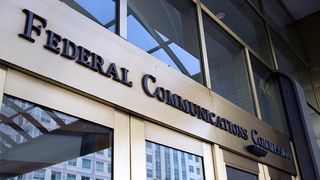USTelecom: FCC's BDS Deregulation Could Go Further

USTelecom, which represents major phone ISPs, was rooting on FCC chairman Ajit Pai's business data service (BDS) proposal, which deregulates rates for incumbent providers like USTelecom members AT&T and Verizon where there is competition—and Pai signals he thinks that is a lot of places.
But the association was pushing even further, saying the item could have been even more deregulatory.
Pai has scheduled a vote on his proposal for April 20.
According to an ex parte notice of an April 10 meeting between USTelecom execs, including its president Jonathan Spalter, and Pai. They told Pai that the proposal to "reduce" the FCC's "price setting role" was "relatively constrained" and pointed to the benefits of more broad price relief, including a finding that incumbent telecoms are no longer de facto dominant.
USTelecom argues that the FCC data on BDS understates the current level of competition and that its competitive market test—for price deregulation—may be too conservative.
Critics of the BDS proposal argue that it is overestimating the competition and have called on the FCC to release the data on what markets meet the test or delay the vote.
Broadcasting & Cable Newsletter
The smarter way to stay on top of broadcasting and cable industry. Sign up below
Contributing editor John Eggerton has been an editor and/or writer on media regulation, legislation and policy for over four decades, including covering the FCC, FTC, Congress, the major media trade associations, and the federal courts. In addition to Multichannel News and Broadcasting + Cable, his work has appeared in Radio World, TV Technology, TV Fax, This Week in Consumer Electronics, Variety and the Encyclopedia Britannica.

